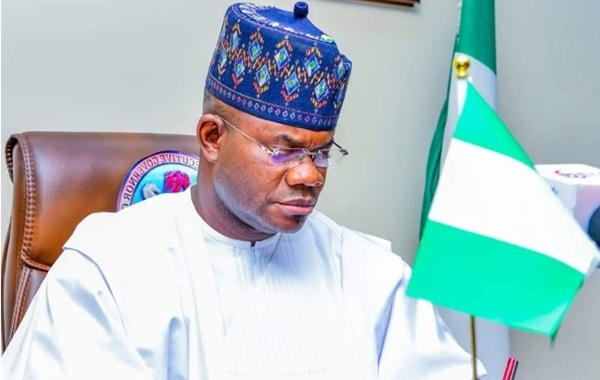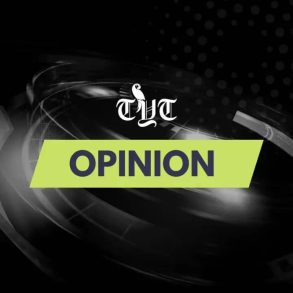October 11, 2024
By Samuel Ogunsona
A High Court in the Federal Capital Territory, Abuja, has taken a significant step in the ongoing corruption case against former Kogi State Governor Yahaya Bello. Justice Maryann E. Anenih issued a public summons, compelling Bello to appear before the court on November 14, 2024.
The Economic and Financial Crimes Commission (EFCC) initiated the case, alleging that Bello engaged in money laundering and corruption to the tune of N80.2 billion during his tenure as governor. Bello had previously been declared wanted but managed to evade arrest due to reported political interference.
In September, the EFCC filed fresh charges against Bello, accusing him of N110.4 billion fraud. Despite honoring the EFCC’s invitation, his accompaniment by the current Kogi State Governor, who has immunity, hindered his arrest. The EFCC later attempted to apprehend him at the Kogi State Government Lodge in Abuja.
The summons, dated October 3, 2024, marks a new development in the EFCC’s efforts to bring Bello to justice. The former governor’s failure to appear on November 14 may result in further consequences.
The document reads: “Complaint has been made this day on behalf of the Federal Republic of Nigeria that you (YAHAYA ADOZA BELLO) sometime within the year 2016 up until 2023 within the jurisdiction of this Honourable Court did commit offences to wit: Criminal Breach of Trust contrary to Section 311 of Penal Code Law Cap. 89 Laws of Northern Nigeria 1963, Punishable under SECTION 312 of same Law; and having possession or control of property reasonably suspected to have been unlawfully obtained contrary to and punishable under Section 319A of the Penal Code Law, Cap. 89 Laws of the Northern Nigeria 1963.
“You are hereby summoned to appear before the Federal Capital Territory High Court of Justice (High Court No. 3) sitting at Maitama on the 14th day of November 2024 at the hour of 9:00am to answer to the said complaint.”






